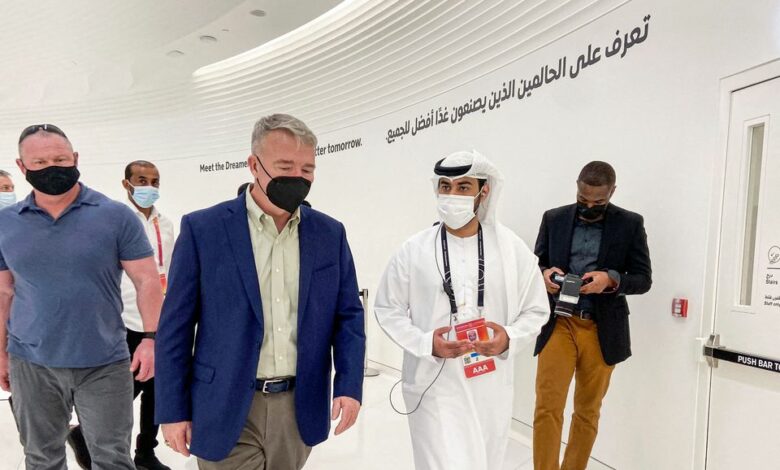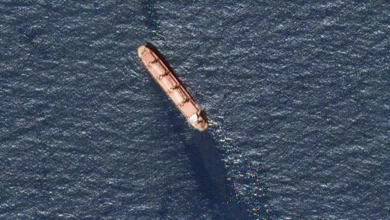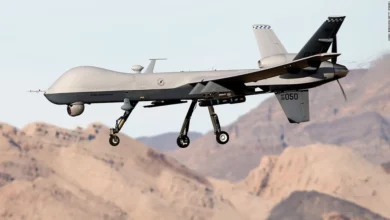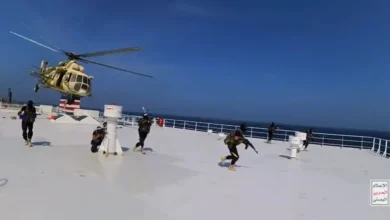
SHARM EL-SHEIKH, Egypt, Feb 10 (Reuters) – The United States will help the United Arab Emirates replenish interceptors it uses to knock down incoming missiles following a spate of unprecedented attacks by Huthi fighters in Yemen, the US general overseeing Middle East operations told Reuters.
In recent weeks, the Iran-aligned Huthis have waged a string of largely failed strikes on UAE targets that have triggered Emirati and US air defenses and have even seen American troops based there briefly taking shelter.
“We will help with replenishment of interceptors. And we’ll do everything we can to assist UAE in defending themselves,” General Frank McKenzie, head of US Central Command, said in an interview after a trip to Abu Dhabi earlier this week.
McKenzie did not offer further specifics. The UAE has privately requested US replenishment of missile defense interceptors, including for its THAAD and Patriot system, a source familiar with the matter said, speaking on condition of anonymity.
The latest US move would be in addition to the Pentagon’s announcement last week of a deployment of a guided missile destroyer and advanced US F-22 fighter jets to the UAE. It would also stick closely to defensive support, amid stiff opposition to the war in Yemen among many lawmakers in Congress due to civilian deaths.
The conflict has killed tens of thousands of people and caused a humanitarian crisis.
The Huthi attacks have thrown a spotlight on so-far unsuccessful U.N.-led efforts to broker an end to the war in Yemen, which since 2015 has pitted the Huthis against a Saudi Arabian-led military coalition that includes the UAE.
McKenzie, who has also expressed concern about Huthi attacks against ally Saudi Arabia, acknowledged that the United States has been grappling with significant limits on US surveillance capability over Yemen, noting its size.
“We’re very limited in ISR over Yemen. It’s hard to see into Yemen,” McKenzie said, using an acronym for military intelligence, surveillance and reconnaissance capabilities, which include drones.
“It’s a large country, and you have to make decisions on priorities.”
Experts say it can be difficult to help allies detect and destroy Huthi launch sites without adequate ISR, particularly when dealing with mobile missile launchers.
Aware of their value, Huthis target US drones. The Huthis have shot down two US-operated drones since McKenzie took command in March 2019 and far more drones operated by regional allies.
With tensions simmering around the world, from North Korea to Ukraine, the Pentagon has to deal with competing priorities for ISR resources, which also include satellite imagery.
“I communicate with partners where we are with Yemen. I communicate with our (US defense) secretary all the time about the resources that we need,” McKenzie said, without identifying any specific request.
“So it’s an informed dialogue that goes on within the department of defense.”
McKenzie declined to speculate whether the Pentagon might dedicate additional ISR to Yemen, saying: “Anything is possible.”
Although it has long targeted Saudi Arabia, the Huthi movement last month responded to battlefield losses with the unprecedented assaults on UAE, sources say. read more
The conflict is largely seen as a proxy war between Saudi Arabia and Iran, which the United States accuses of arming the Huthis. The Huthis say they are fighting a corrupt system and foreign aggression.
Reporting by Phil Stewart; Editing by Mary Milliken and Jonathan Oatis




